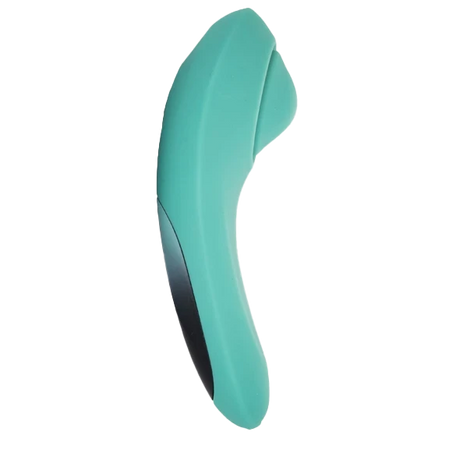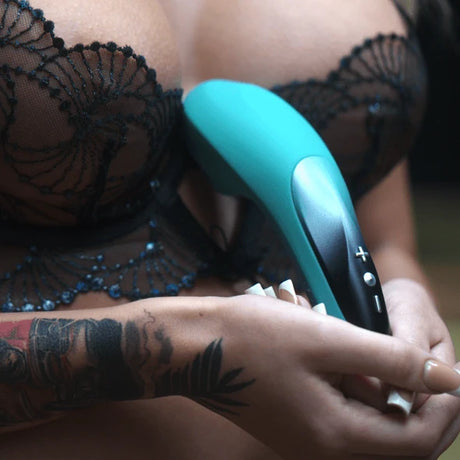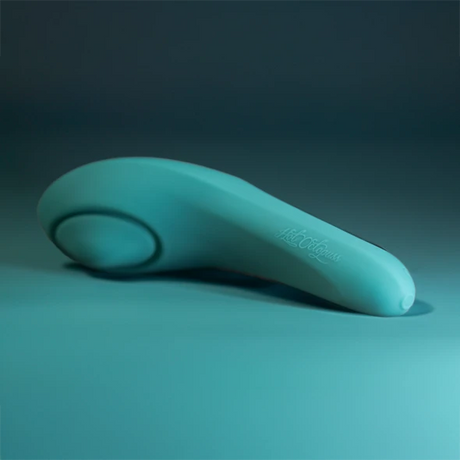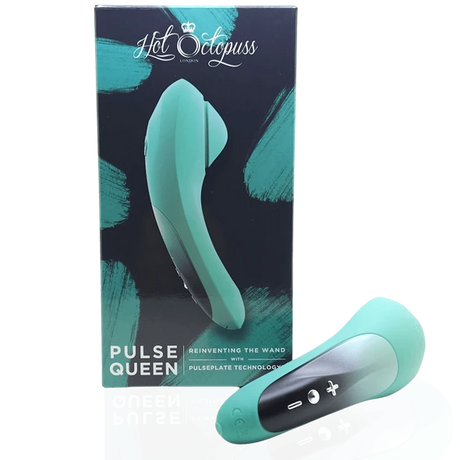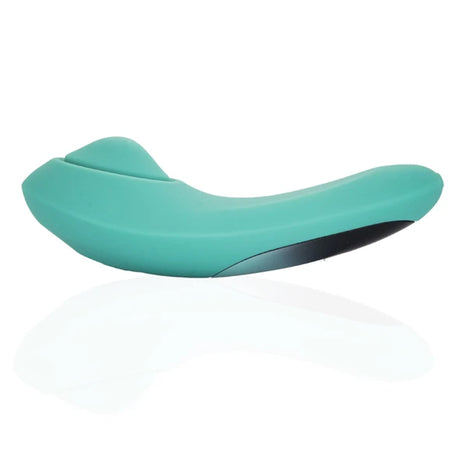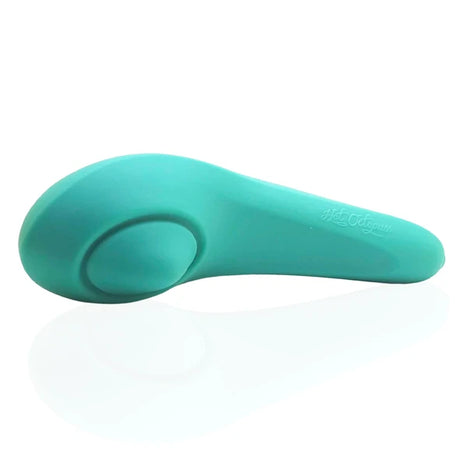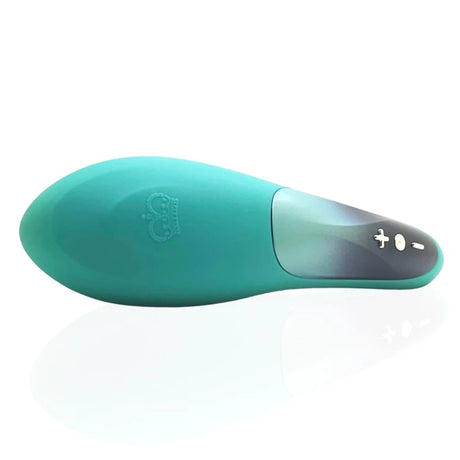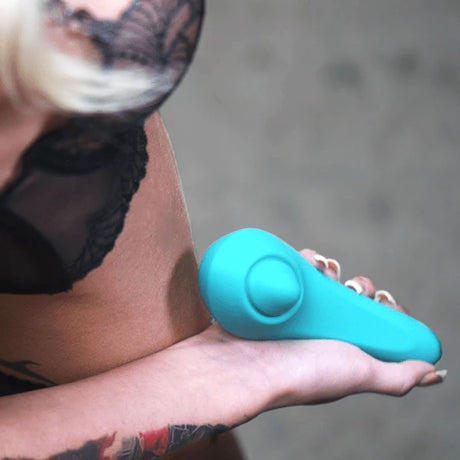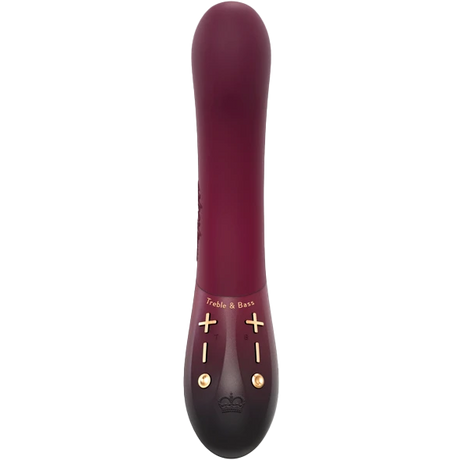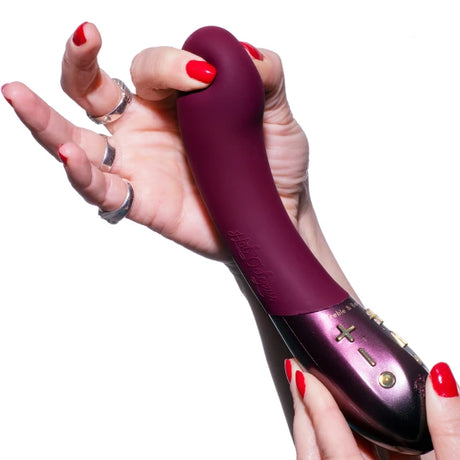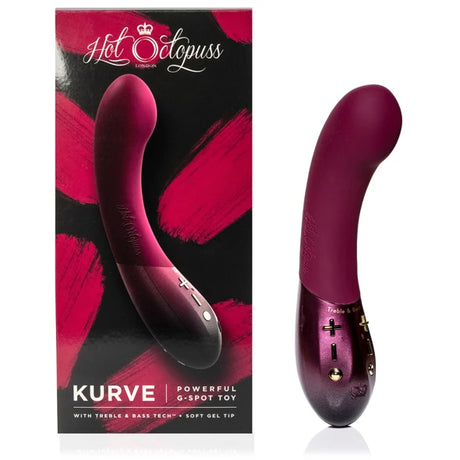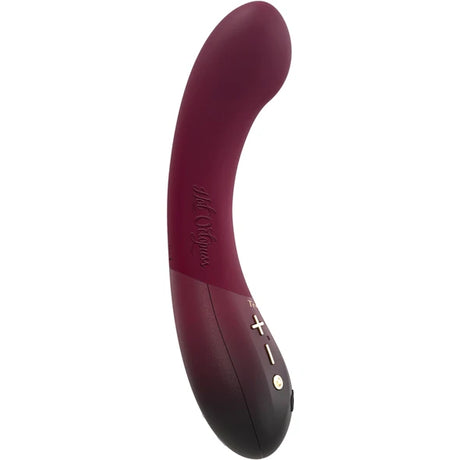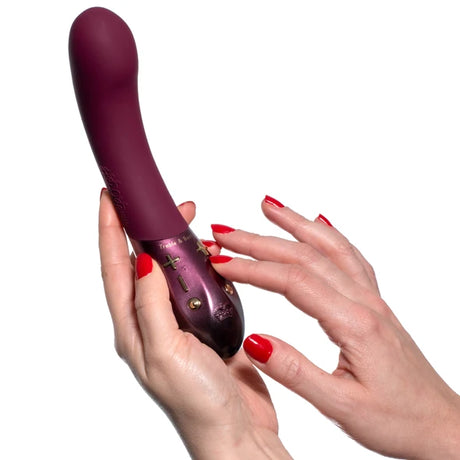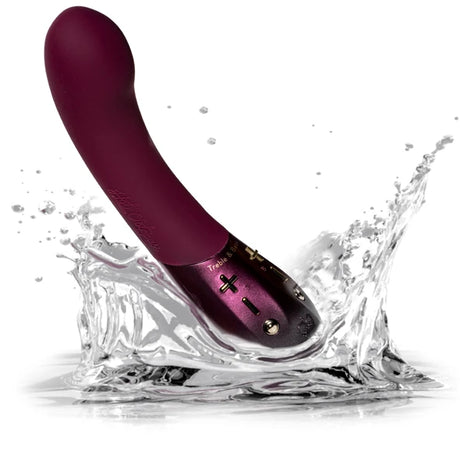We don’t talk enough about the times when our desire takes a dip or even vanishes completely. In fact, for many women, the question “Why don’t I want sex like I used to?” is wrapped in shame, guilt, and confusion. No one teaches us the reasons why our desire for sex and intimacy shifts and what might be the contributing factor/s.
But here’s the truth and the thing you probably need to hear... you’re not broken. You’re not alone. And there are real, compassionate ways to explore what’s going on underneath the surface.
Let’s start with a big, important question:
What does desire mean to you?
Is it a physical urge? A craving for closeness? Do you need to be curious and exploratory in your relationship?
Desire looks and feels different for everyone, and it doesn’t always have to be about wanting sex. For some, it’s an emotional connection, while for others it’s touch, fantasy, or simply wanting to want. Defining what desire means to you (right now, not five years ago) is a powerful first step in understanding what might be missing.
First Things First: Desire Isn’t A Flip Switch
Desire isn’t a switch you flip, and it definitely doesn't have to show up like it does in the movies; in fact, that's pretty unrealistic. For most of us, the ‘wanting to want’ sex or intimacy is responsive, complex, and most importantly, deeply personal. When I say 'responsive,' I mean desire often emerges after something arousing has already begun, such as kissing, cuddling, or even just feeling emotionally connected. You might not feel “in the mood” until your body starts to engage. And that’s totally normal.
However, even with a responsive desire, there can still be barriers that make it difficult to achieve it. If your body or mind is under stress, it’s not going to prioritise pleasure; it’s going to prioritise survival and safety.
Things like stress, anxiety, burnout, hormonal shifts (hello, periods, perimenopause, or postpartum), certain medications (like antidepressants or the pill), or even poor sleep can all lower your baseline for arousal to enter your life.
And then there’s the relationship stuff. If you’re feeling disconnected in your relationship, unappreciated, or overwhelmed by resentment, it’s no surprise that sexy signals aren’t landing with you. Desire doesn’t thrive in tension or disconnect. It needs safety, care, and trust, not pressure, performance, or pushing through.
So if desire feels distant right now, it’s not just about needing more foreplay or trying a new position. It’s about gently asking: What’s getting in the way of me feeling relaxed, safe, and open to pleasure in the first place?
Try This: Get Curious Instead of Judgmental
Instead of pressuring yourself to “get back to normal,” try checking in with what you actually need right now. This isn’t about rushing back to sex; it’s about leaning into what you need to feel safe, supported, curious, and maybe even sexy for yourself, not others.
Ask yourself these questions as a starting point:
- What turns me on lately? Has that changed?
- What’s getting in the way of me feeling sexy or safe?
- What would help me feel more connected to my body?
- When was the last time I explored pleasure just for me?
Sometimes it’s about letting go of expectations and reconnecting with yourself, slowly and with a hint of sensuality.
Talk About It (Even if It’s Awkward)
I know it’s easier said than done, but communication really is the lubrication!
Whether you’re solo or partnered, opening up about low desire can feel scary, but it’s a powerful step. Low libido isn’t a failure. It’s information and sharing how you feel gives others the chance to support you instead of making assumptions. Que confusion, resentment building, and feelings of loneliness. Don’t feel ashamed of this; we all go through it at some point in our lives.
Remember...You don’t have to have it all figured out to start the conversation. Try saying something like:
“I’ve noticed I haven’t felt much desire lately. I want to explore what’s going on for me, and maybe we can talk about how to keep intimacy alive in other ways while I figure it out.”
Bottom Line: You’re Not Alone, and You’re Not Broken
Low desire is incredibly common, and it doesn’t have to be the end of pleasure. How we explore what feels good in our bodies, our relationships, and life itself is so subjective, fluid, and forever evolving. When a shift happens, be curious about what this means for you and what you need to adapt to this new normal. Our bodies are so intuitive at letting us know when something needs attention. Just like switching up your gym routine to focus on key areas of your body, you want to improve the same goes for sex and intimacy.
Sometimes our bodies are asking us to slow down, switch things up, or remove the things that no longer serve us. Listen to your body and start to rebuild on your own terms.
At Hot Octopuss, we’re here to support your version of pleasure—no pressure, just possibilities.


